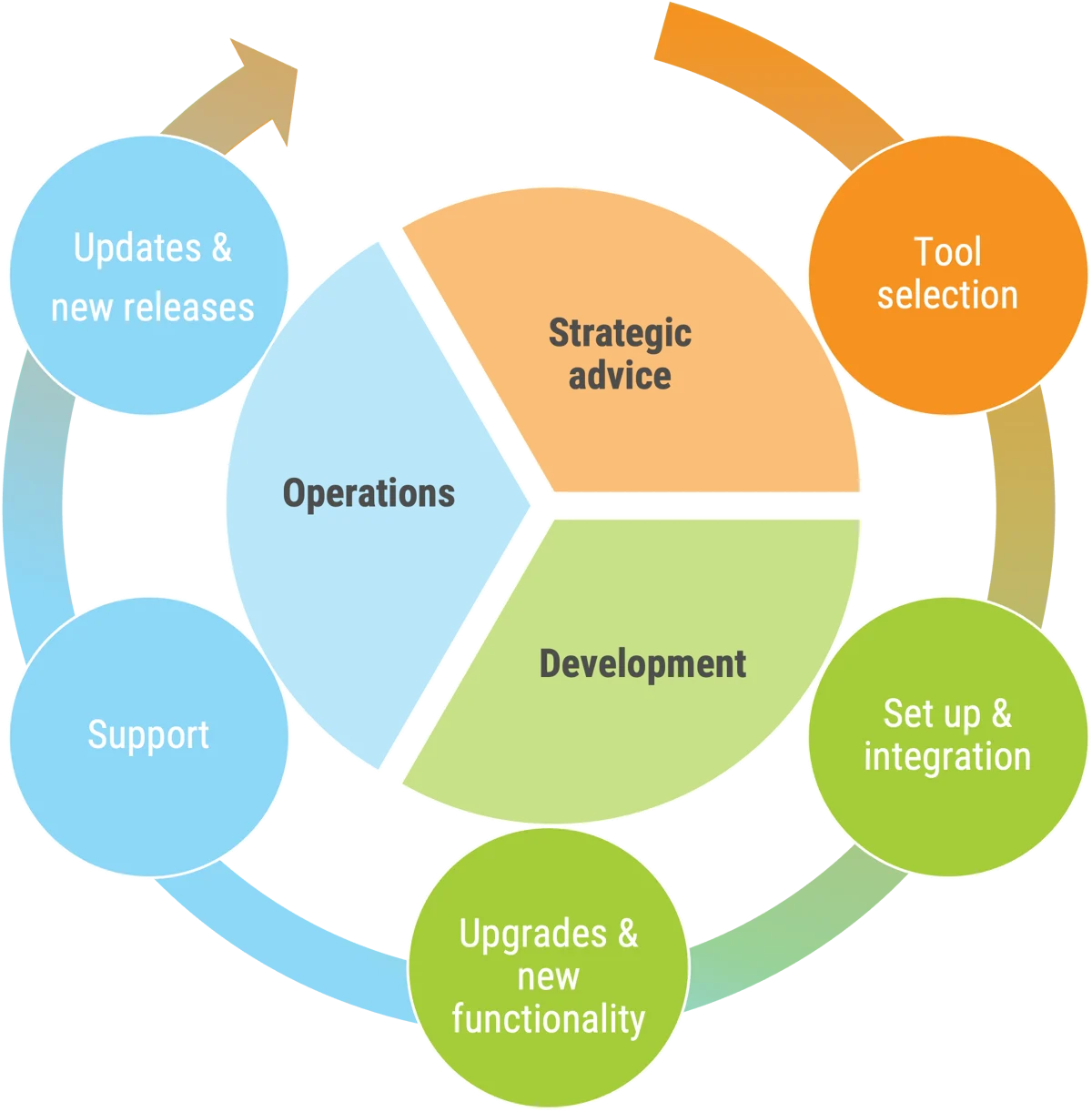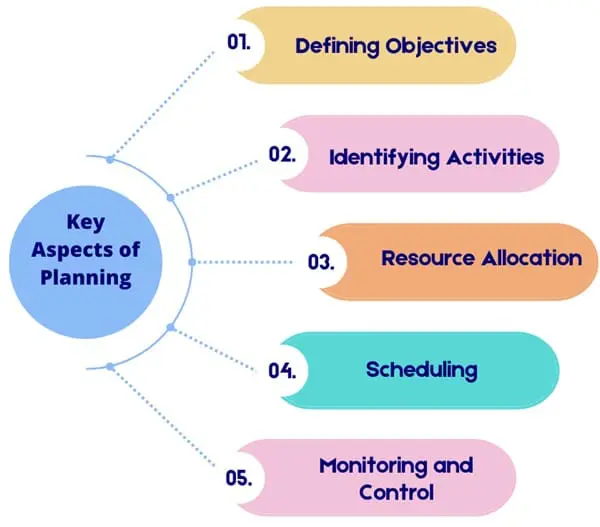Low-code development platforms are transforming how businesses build software. With drag-and-drop interfaces, pre-built components, and rapid deployment capabilities, many wonder: will low-code replace traditional developers? While the rise of low-code is undeniable, the truth is more nuanced—low-code is more likely to complement rather than fully replace traditional development.
Understanding Low-Code Development
Low-code development platforms allow users to create applications with minimal manual coding. Instead of writing thousands of lines of code, developers and even non-technical staff can assemble applications visually.
Examples include:
- Visual workflow designers
- Drag-and-drop UI builders
- Integration modules for databases and APIs
For a detailed overview of how low-code is shaping the industry, see Low-Code Development Platforms: Transforming Software Development.
Will Low-Code Replace Developers?
The short answer is no—at least not entirely. Low-code is excellent for:
- Prototyping and MVPs – Quickly testing business ideas.
- Automating internal processes – Creating apps without full engineering teams.
- Reducing repetitive coding tasks – Allowing developers to focus on complex logic.
However, for projects involving complex algorithms, high-performance systems, or advanced integrations, traditional developers remain essential. Low-code still requires skilled professionals to design architectures, ensure scalability, and maintain security.
Low-Code and AI: A Future Partnership
Will Low-Code Be Replaced by AI?
Artificial Intelligence is already enhancing low-code platforms with features like auto-generated code, predictive workflows, and automated testing. Rather than replacing low-code, AI will make it more powerful and accessible—further reducing development time while still relying on human oversight.
Speed: Low-Code vs. Traditional Development
One of the most significant advantages of low-code is speed. In many cases, low-code development can be up to 70% faster than traditional development. This is due to:
- Pre-built modules
- Automated deployment pipelines
- Visual debugging tools
For businesses, this speed can mean launching products in weeks rather than months.
Is No-Code the Future?
While no-code platforms remove coding entirely, they have more limitations than low-code. No-code is great for simple apps but struggles with complex systems. The future is likely a hybrid model—combining no-code for simple tasks, low-code for medium complexity, and traditional coding for mission-critical systems.
How Singleclic Empowers Businesses with Low-Code
As a leading IT solutions provider since 2013, Singleclic helps enterprises harness low-code to accelerate their digital transformation. Our services include:
- Custom low-code app development
- ERP and CRM integration
- Cloud-native hosting solutions
- Cybersecurity for low-code platforms
📞 Contact us today:
+2 010 259 99225 / +971 42 475421 / +966 58 1106563
🌐 Visit: https://singleclic.com
Final Thoughts
Low-code is not the end of traditional development, but rather a powerful tool that expands what businesses can achieve. Developers will still play a crucial role—especially in complex, high-performance applications—while low-code empowers more people to participate in the creation process.
People Also Ask
Will low-code replace developers?
No. Low-code will enhance productivity but still requires skilled developers for complex projects.
Will low-code be replaced by AI?
No, AI will likely enhance low-code capabilities, not replace them.
How much faster is low-code compared to traditional development?
Low-code can be 50–70% faster, depending on the project.
Is no coding the future?
No-code will play a role, but most enterprises will use a combination of no-code, low-code, and traditional coding.







